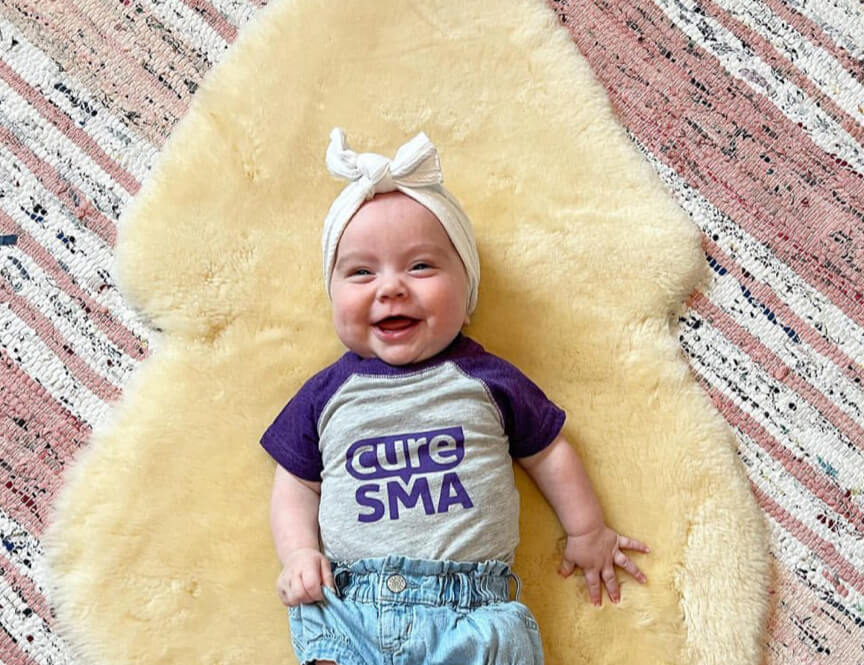 Kara and Ryan Forcier, of Stillwater, Minn., were on a rollercoaster almost immediately after the birth of their son, Zachary. Zachary was born with skin lesions that turned into blood clots, which almost led to having his limbs and digits amputated. Thankfully this was not the case, and after the skin lesions healed, Kara and Ryan knew they had to help Zachary make up for some of the missed developmental milestones.
Kara and Ryan Forcier, of Stillwater, Minn., were on a rollercoaster almost immediately after the birth of their son, Zachary. Zachary was born with skin lesions that turned into blood clots, which almost led to having his limbs and digits amputated. Thankfully this was not the case, and after the skin lesions healed, Kara and Ryan knew they had to help Zachary make up for some of the missed developmental milestones.
“Zachary’s skin lesions were on his arms so, of course, he didn’t want to push up or crawl. We accepted that he likely wouldn’t make any gross motor gains until he was fully healed,” Kara explained. “But after the lesions were gone, he was still regressing.”
The Forcier’s received a referral to see a neurologist, who screened Zachary for various diseases and disorders, including SMA. Initial tests indicated that things were not normal, but they could not pinpoint the root cause of Zachary’s delays. Initially, even SMA was ruled out. Kara—who at the time was 36 weeks pregnant with their daughter, Madilyn—said that the doctors described Zachary’s muscles as “looking like chicken when they should look like a steak.” Still unclear as to what was causing the problems, Zachary came home, and life went on.

It was not until November 2010 that healthcare providers made an appointment to review the results of all the tests Zachary took. “This day was horrific,” remembers Kara. “First we were told that Zachary needed open-heart surgery to repair a common atrium. Then, in our third appointment, our lives were forever changed.” Kara and Ryan were told that Zachary had SMA Type 2. At the time, there was no treatment and no cure, and it was difficult for them to comprehend that there was nothing that would help their son. “We were told we could expect Zachary to live into his late teens/early adulthood. It was devastating,” said Kara.

Today, the Forcier family enjoys the outdoors, fishing, and sports. Zachary’s diagnosis hasn’t stopped his passion for playing and watching sports—including the Minnesota Wild, Twins, and Vikings. This past summer, he started a program for shooting sports through 4-H, a youth organization hosted by the National Institute of Food and Agriculture, part of the U.S. Department of Agriculture. “He thoroughly enjoys it, and we hope to find him some adaptive equipment so he can participate competitively,” said Kara.
The family now considers SMA as part of their daily lives. “We are used to living in a world where we have to steer clear of illnesses, check for accessibility of new places we go, juggle insurance issues, and manage treatment and care. But some days, it just hits me how much I hate this awful disease. I hate how hard it makes everything. You get complacent and just go about your routine and life, and then something happens, said Kara. “But we are thankful for the online community of individuals affected by SMA, and other parents of children with SMA, who share their experiences so we can all learn more. We don’t face SMA alone. We have a community supporting us. And we do the same for those families. SMA is a community no one wants to join, but we are so thankful for the connections and friendships we have made.”



